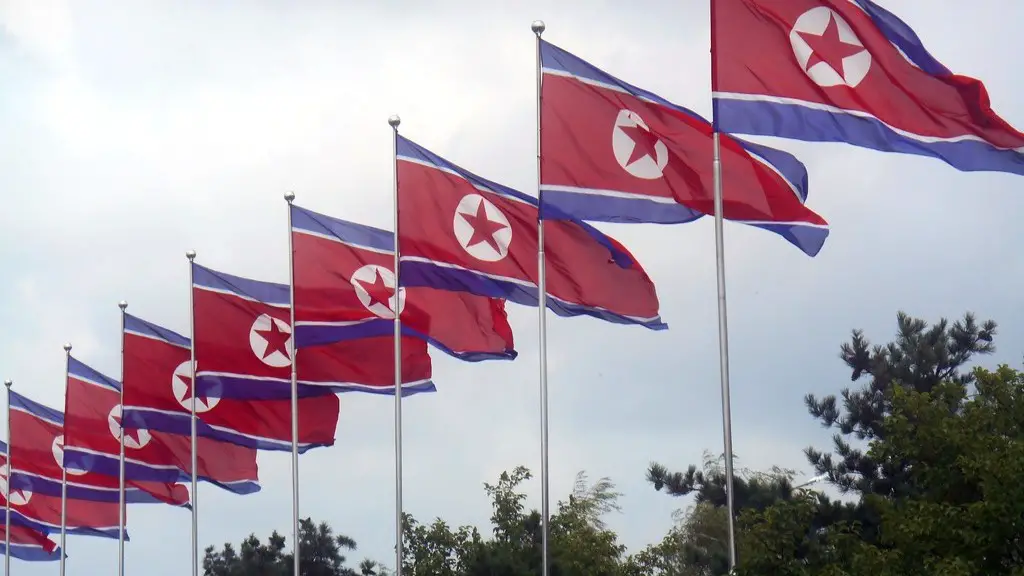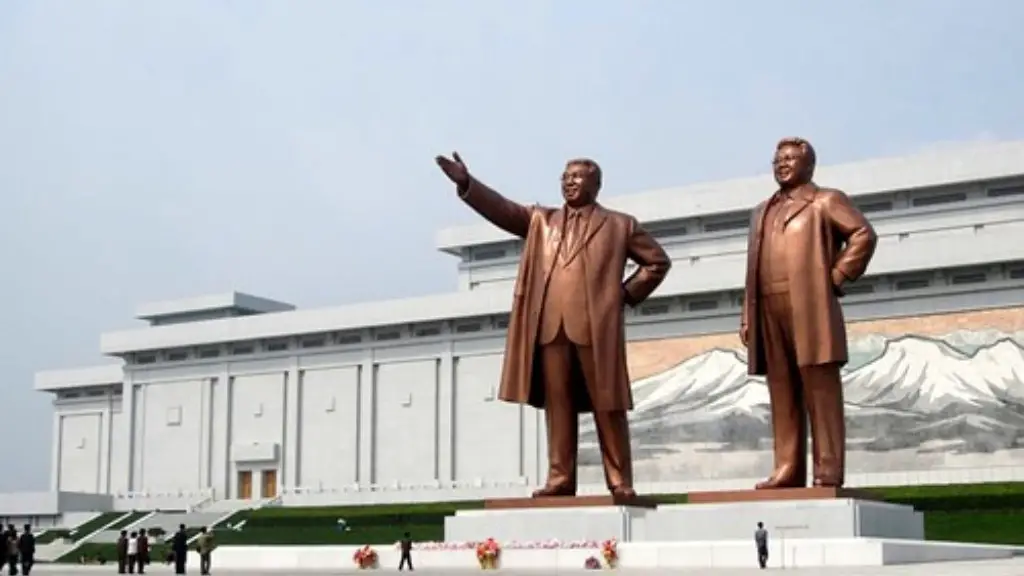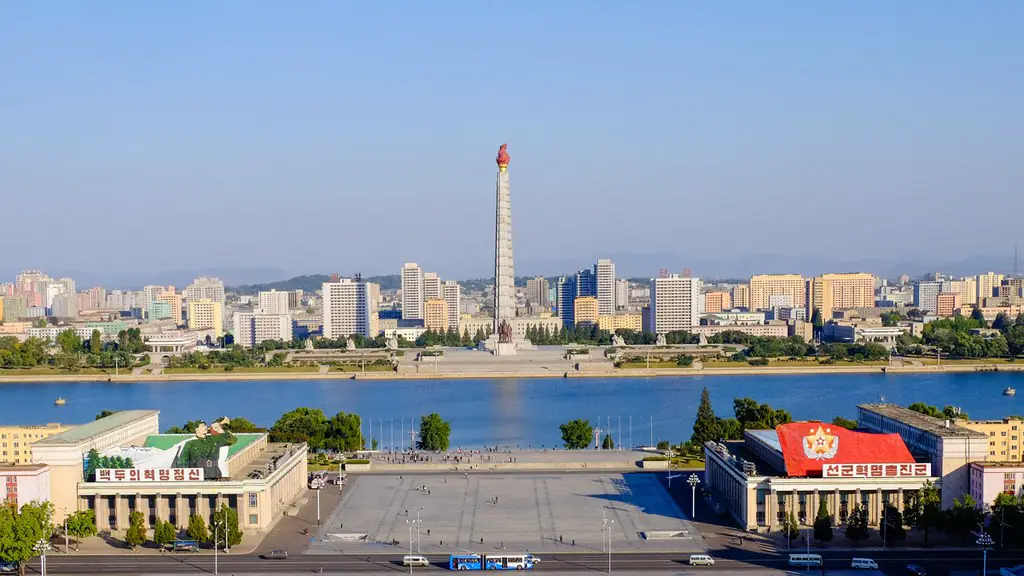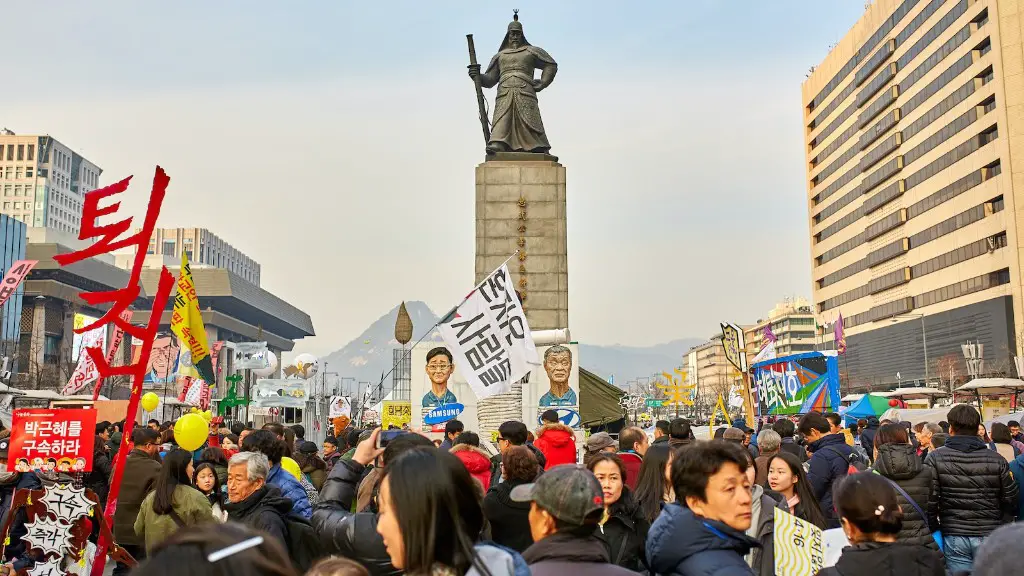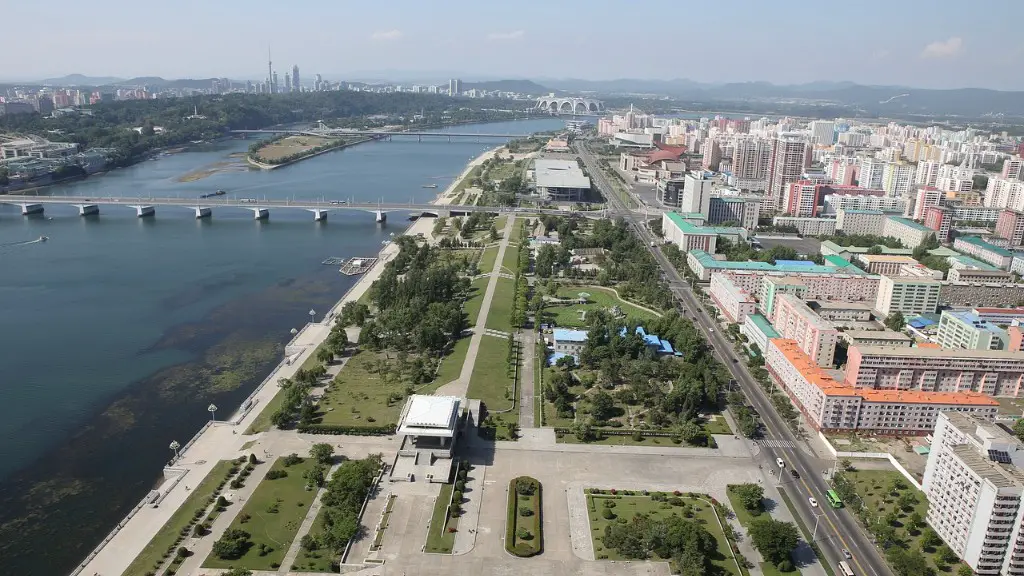2020 saw the world completely changed by a rampant pandemic. South Korea was no exception – with over 70,000 cases, it has been affected a great deal by Covid-19. The dreadful virus got a lot of media coverage and is spoken about regularly. But what about North Korea?
As far as deaths due to Covid-19 are concerned, the situation in North Korea has been reported variously. Whereas Pyongyang has long been defiant of third-party verification, the complete lack of information from its government has led some to doubt the claims from North Korea that no deaths have occurred due to Covid-19. This doubt is especially strong given the high population density, weak public health infrastructure and scant resources North Korea has compared to its neighbor South Korea.
Based on limited evidence, some experts have speculated that there have been a number of Covid-19 related deaths in North Korea. For example, Dr. Lee Seung Yong, a professor at the science and technology department of the National Defence University of South Korea, published a note claiming that the total number of deaths was around 500 as of June 2020.
Additionally, in August 2020, North Korean officials reported a suspiciously high number of fatalities from acute “respiratory infections”, which some experts speculated were in fact due to Covid-19. Human Rights Watch believes that this could be an indication of a much higher than reported number of deaths being covered up.
The immense secrecy and lack of transparency from the North Korean government makes it impossible to know the true number of deaths or any other statistic related to the virus. Human Rights Watch believes that the government is deliberately reducing its international obligations to protect the life and health of its population by not providing access to the World Health Organisation and other UN agencies.
Livelihood Impact
The full extent of the impact of Covid-19 on North Korea is still difficult to measure, but it is likely to be significant. During the pandemic, all international trade, tourism, and other forms of exchange have been blocked and North Koreans are now even more heavily reliant on government aid which is often scarce.
Shortages of food, fuel and medical supplies have been reported in many parts of the country, leading to malnourishment and a significant decline in public health. Given the restrictions imposed, it is likely that Covid-19 deaths are being underreported and the lack of information puts the wellbeing of North Koreans in danger.
The Covid-19 pandemic has put even more strain on the already weak state of human rights in North Korea. In April 2020, the UN Secretary-General’s Annual Report on North Korea Human Rights said that “marginalization of and discrimination against certain parts of the population,” including people with disabilities, continue to undermine fundamental rights in the country.
Furthermore, the human rights situation has also been deteriorating in other countries in the region, further highlighting the need for international action. The situation in neighbouring Myanmar is particularly concerning, where there have been reports of military intervention and continuing violence against civilians despite national and international condemnation.
International Response
Despite the lack of transparency surrounding Covid-19 deaths in North Korea, the international community cannot allow the issues to be ignored. With restrictions on international travel, the news about North Korea has largely faded from prominent media outlets, leading to a situation where the international community is unaware of what is going on in the country.
The international community should not be complacent. Despite having limited access to the country due to restrictions imposed by North Korean authorities, it is important to pay attention to the North Korean government’s reported Covid-19 statistics, along with any other relevant information, to understand the true scale of the pandemic.
Although it is difficult to verify the accuracy of information coming out of North Korea, international organizations and countries should step up and call on North Korea to be transparent and provide more information about its Covid-19 situation. This includes information on the current number of people infected and the rate of deaths from Covid-19.
The government of North Korea must also be provided with the resources and support needed for it to effectively deal with the pandemic. This includes providing access to testing and medical treatment for those affected in order to better protect their health and rights.
Economic Impact
The economic impact of Covid-19 on North Korea cannot be underestimated. With all international trade and tourism suspended, the country is now facing an economic crisis. This has been compounded by economic sanctions imposed by the United Nations Security Council on North Korea, which has had a severe negative impact on the country’s already weakened economy.
North Korea relies heavily on imports in order to meet the basic needs of its citizens. Restrictions on imports have made it more difficult to obtain essential goods such as food and medical supplies. This has put even more strain on North Korea’s already fragile economy, as citizens have to rely on government subsidies to obtain food and household items.
The worsening economic situation has had a direct impact on North Korea’s citizens, many of whom are now living in poverty and facing food insecurity. Without access to streamlined supply chains, food shortages are a real problem, with reports of acute malnutrition among children and poor access to healthcare for the elderly. Thousands of North Koreans have been pushed into hunger and poverty as a result of the pandemic and economic sanctions.
The decrease in income for North Koreans due to the Covid-19 pandemic has forced many people to survive on informal activities such as smuggling, in some cases at the risk of serious human rights violations. This is compounded by a lack of access to financial services and banking accounts, as North Koreans are not allowed to open or use foreign bank accounts due to international sanctions. This means that North Koreans cannot access external credit, thus preventing them from escaping poverty.
Smuggling and Sanctions
Covid-19 and sanctions have had a direct impact on North Korea’s economy, but they have also had an unintended consequence – the proliferation of illegal trade activities. With restricted international trade, more people have been turning to smuggling, which is now one of the main sources of income for North Koreans.
The United Nations has reported a rise in smuggling activities and sanctions-busting attempts. Smuggling networks in North and South Korea have been facilitating the lucrative trade of goods such as food, electronics, and luxury items in exchange for hard currency. This is further enabled by sanctions-busting networks that facilitate the illegal transfer of overseas funds and transfer of goods from China and South Korea.
The smuggling and sanctions-busting activities, although profitable, are also putting North Korean citizens in danger as these activities can be punished with life imprisonment according to North Korean authorities. Additionally, the smugglers themselves often face significant risks by participating in these activities, including arrest, interrogation and even torture.
The situation in North Korea is getting progressively worse due to the ongoing pandemic and economic sanctions, leading to a real sense of fear and desperation among its citizens. Without the much-needed aid from the international community, it is likely that the health and human rights of North Koreans will remain under threat.
